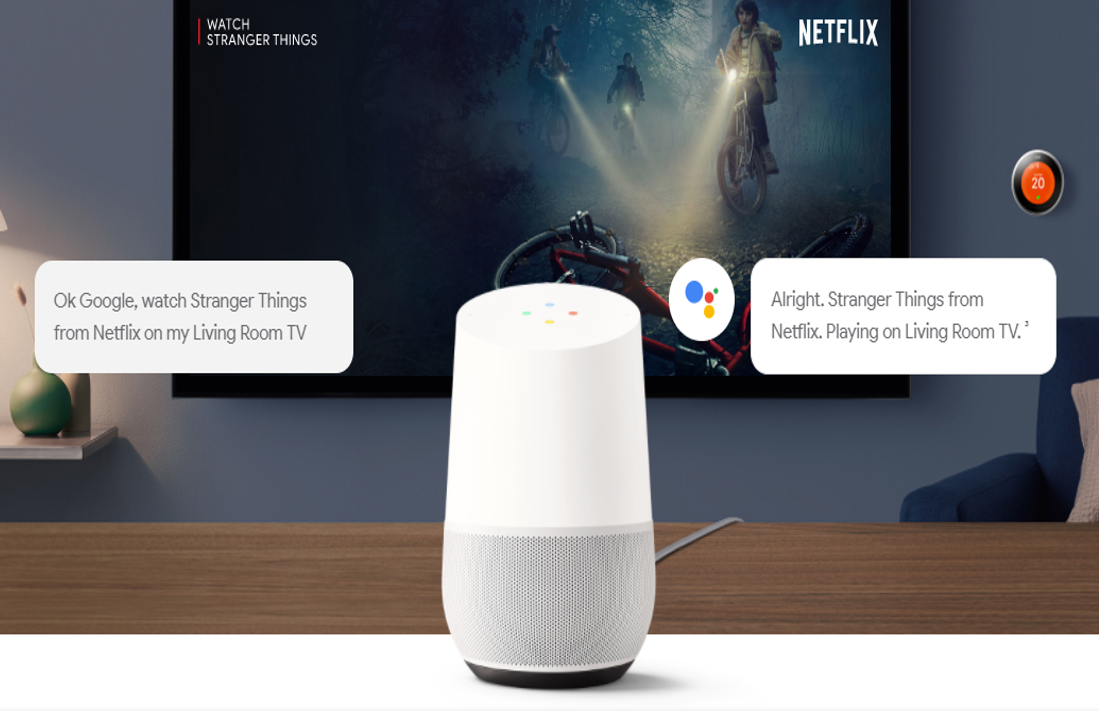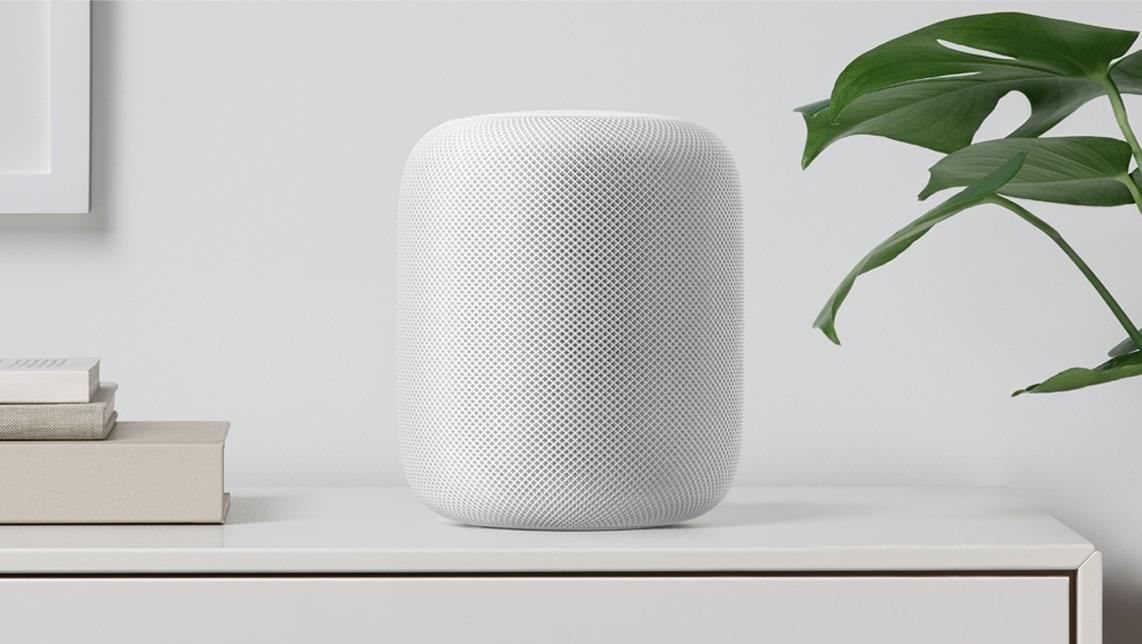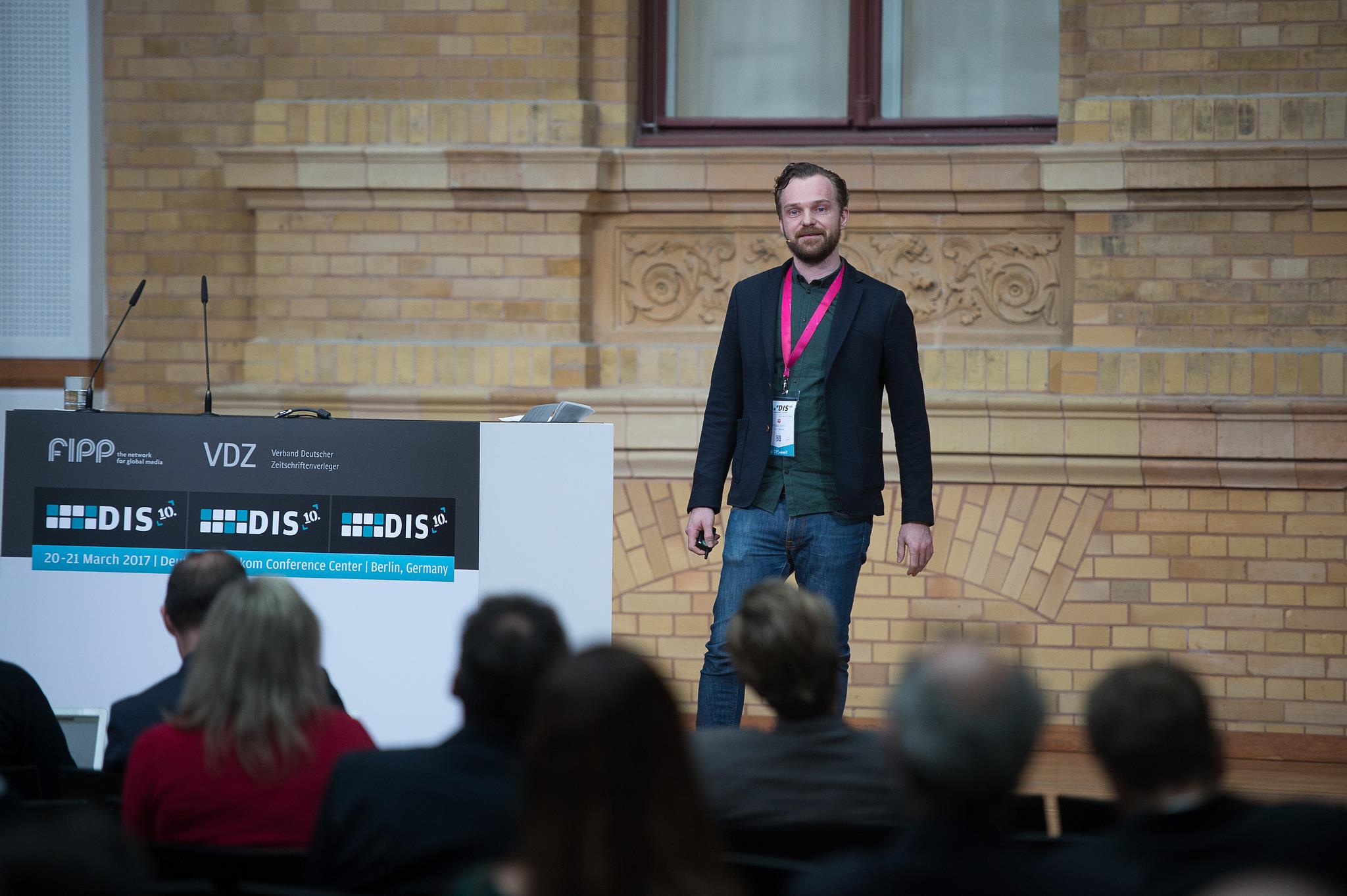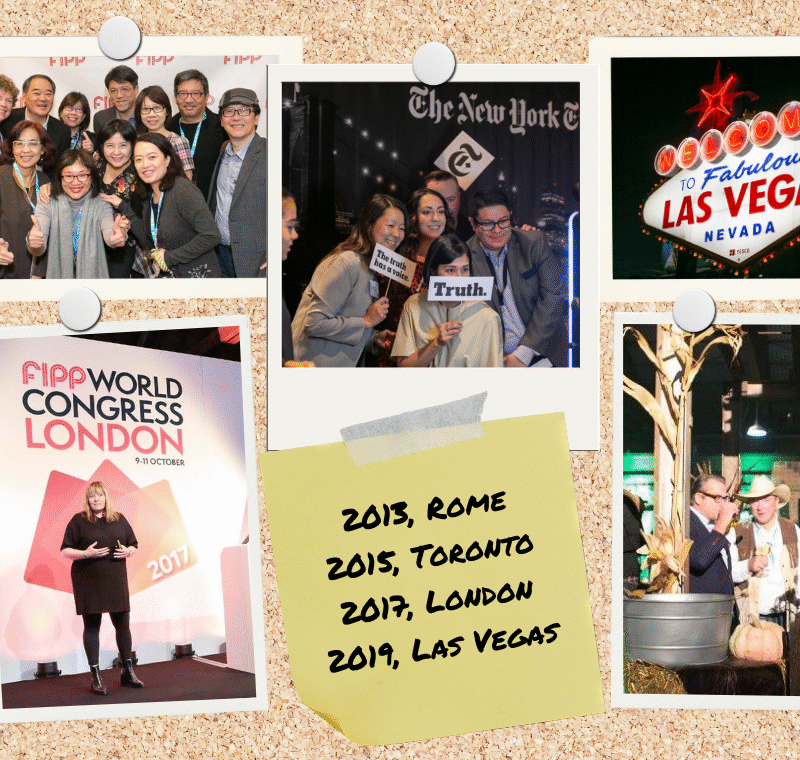Don’t let the voice revolution leave you behind

Amazon Echo Dot
It’s only 36 years since British rock band Electric Light Orchestra (ELO) released their futuristic ‘Time’ album singing in synthetic voices on the track ‘Yours Truly’ about a robot girlfriend in 2095 who is “programmed to be very nice”.
Amazon’s Alexa is hardly a robot girlfriend but with a reported 8 million Echo speakers already in homes across 13 countries and Digitimes reporting that Amazon plans to ship another 10 million this year, Alexa is bound to find resonance in affluent homes worldwide.
It’s also no surprise that both Apple and Google have their own smart speaker offerings: the Siri enabled Home Pod and Google Home respectively.
***Sign up here to hear from Google’s Alice Zimmerman about developments in the world of voice at the 41st FIPP World Congress in London, 9-11 October***
Meanwhile Amazon is pushing ahead with plans to enable Alexa to inhabit as many gadgets as possible by teaming up with chipmaker NXP; with the ultimate aim to push Alexa’s ever evolving machine learning capabilities to live in every and any kind of gadget (even a washing machine) and enable her VUI to be as ever-present as web browsers or search boxes on our current digital devices.
There’s a lot of data to be gauged, and by corollary a lot of money to be made, by tapping into users domestic environment – sceptics even refer to this as the ‘colonisation of everyday life’.
The creation of the ‘smart home’ via devices like Amazon Echo and Google Home are supposed to function as the command hubs of a connected domestic set-up. Think of these as virtual assistants providing a way of connecting ‘things’ throughout a modern home. From your entertainment system to security, heating and anything else Google, Amazon, and Apple can think of.

Google Home Pod
The rise of the Internet of Things, or ‘the rise of the machines’, of course has massive implications for privacy. While its potential is fascinating and frightening in equal measure, it’s not going away and – for the astute publisher – could offer tremendous opportunities.
However, given the recent decades of disruption caused by new technologies in the digital publishing space, it’s quite natural that many publishers are viewing VUI’s with a mixture of confusion and wariness. Or as independent publishing consultant at Flipping Pages Media, Peter Houston, puts it: “Every new technology is feared to some extent: ‘What if it takes off and I’m not ready?’ or ‘What if I spend a fortune on it and it bombs?’
What’s happening across various markets?
This sentiment is reflected in the way some publishers have been dabbling into VUI’s while others remain cautiously on the sidelines. Those who have experimented with the concept include the likes of BBC News and The Economist.
Shortly after the Echo went on sale in the UK in September last year, these groups have been offering ‘flash briefings’, in essence pre-recorded updates of news headlines.
Others waded in deeper. The Guardian makes all its podcasts, news reports, reviews and even opinion available on Echo. In the case of The Daily Mail, Echo will read news on demand, but only if you’re a paid-for digital ‘Mail Plus’ subscriber at £9.99 (US $13.20) a month. This service is part of an Echo function called a ‘skill’, which users need to download but enables a more interactive voice interface (read: you will have a better chance of accessing the content you intended to hear).
In the US, The Washington Post has been trialling both briefings and skills (not surprising taken the fact that the paper is owned by Amazon boss Jeff Bezos). This includes daily flash briefings of political news updates as well as a weekly ‘Know Your News Quiz’ skill, which is an interactive quiz played with Alexa.
A skill developed by HarperCollins Christian Publishing called ‘Devotionals’ provides daily divine inspiration in the form of bite-sized audio clips by authors “to uplift listeners”. It’s not only an extension of an existing Devotionals Daily brand available on social media, email newsletter and blog, but also drives traffic back to their website faithgateway.com.

Apple Home Pod
Amazon is in discussions with several Australian publishers as it plans to launch Echo “before Christmas”. AdNews.com.au reports News Corp, Fairfax, the ABC and Mamamia are among a group of publishers exploring content deals with Amazon. It follows the launch of Google Home in June with news services from Fox Sports, ABC News, The Australian, Huffington Post, TechCrunch and Sky News.
Despite some of these early successes and expansion plans most publishers agree that VUI’s are all in experimental phase. As a subsidiary of the Spiegel publishing group, the Spiegel Tech Lab in Hamburg is tasked with taking these experiments to a more advanced level.
Tobias Hellwig, editorial developer at the lab, who along with Amazon presented at FIPP and VDZ’s annual Digital Innovators’ Summit earlier this year, along with his team, designs future mobile and web solutions. He was one of the first people to develop a custom flash-briefing for managermagazin.de to be delivered by Alexa as a twice daily text-to-speech optimised edition with the most important economic news of the day.
Hellwig says he is not al all surprised to see such a large uptake by publishers to develop applications that will interact with VUI’s. What might be considered “experimentation for now” is in fact a phase to ready themselves for the future of voice.
“It’s important to know where to find potential new audiences so publishers should at the very least observe innovation. If they have the chance they should experiment with it to become ready for the future of voice. To be ready you need to understand how users interact with it. I gather this knowledge when experimenting and observing others using it.”

Tobias Hellwig at DIS2017
That said, Hellwig, does not consider voice a new platform – for now. “It will take more time until VUI’s are a fixed part in our lives. Right now we are interacting on a low level like ‘navigate me to work’, ‘what’s in the news’ or ‘play some music’. The complexity of communication between the machines and us (the humans) is simple. When machines are able to communicate more naturally, only then will they evolve to become daily assistants but development must push towards more complex conversations otherwise VUI’s will merely be audio-only channels.”
The same goes for monetising through VUI’s, which has up to now seen nothing more than sponsored content. “It will be a matter of time until vendors and publishers find a way how to handle advertisements in a non disturbing way and develop a VUI ecosystem that allows sellable apps.”
Despite publishers’ wariness about VUI’s, as highlighted by Houston, he does believe that revenue from voice can be achieved – but only eventually; and it comes with a list of warnings.
First and foremost, he says, whatever is happening at the moment should not be considered anything more than an experiment. “I think the thing with voice is, unless you’re really going to go in for developing sophisticated apps, voice activated AI-enabled bots, all you’re really doing as a publisher is giving users a different way to activate your content.
“Publishers need to focus on what’s practical. Setting out to create your own version of Siri is a non-starter, but setting up voice controls for articles repurposed as audio, such as the Guardian has done with its Audio Long Reads podcast, is not something to be afraid of.
“The best thing publishers can do now to pave the way for future revenue from VUIs is to create real value for consumers. If voice activated content is genuinely useful or entertaining, it can gather a significant number of users. With a decent user base, revenue from sponsorship, subscriptions or even ecommerce is realistically possibility. Without creating value, however, publishers won’t be able to retain users and monetisation becomes impossible,” warns Houston.
How publishers will embrace voice as interface or platform only time will tell.
But the voice agents of Google, Amazon and Apple are here to stay.
Ask Alexa to play the final lines of ELO’s ‘Yours Truly’ and she might – eerily – explain exactly where many of us are:
“Although her memory banks overflow
No one would ever know, all she says is that what you want
Maybe one day I’ll feel her cold embrace,
And kiss her interface, until then I’ll leave her alone.”
More like this
Voice is the next major disruption in computing – Amazon exec
How to get going with Voice as the entry point for user interaction
Ready yourself for the rise of voice, Canadian VP of content urges
Mobile is the status quo; voice will be the point of interaction








